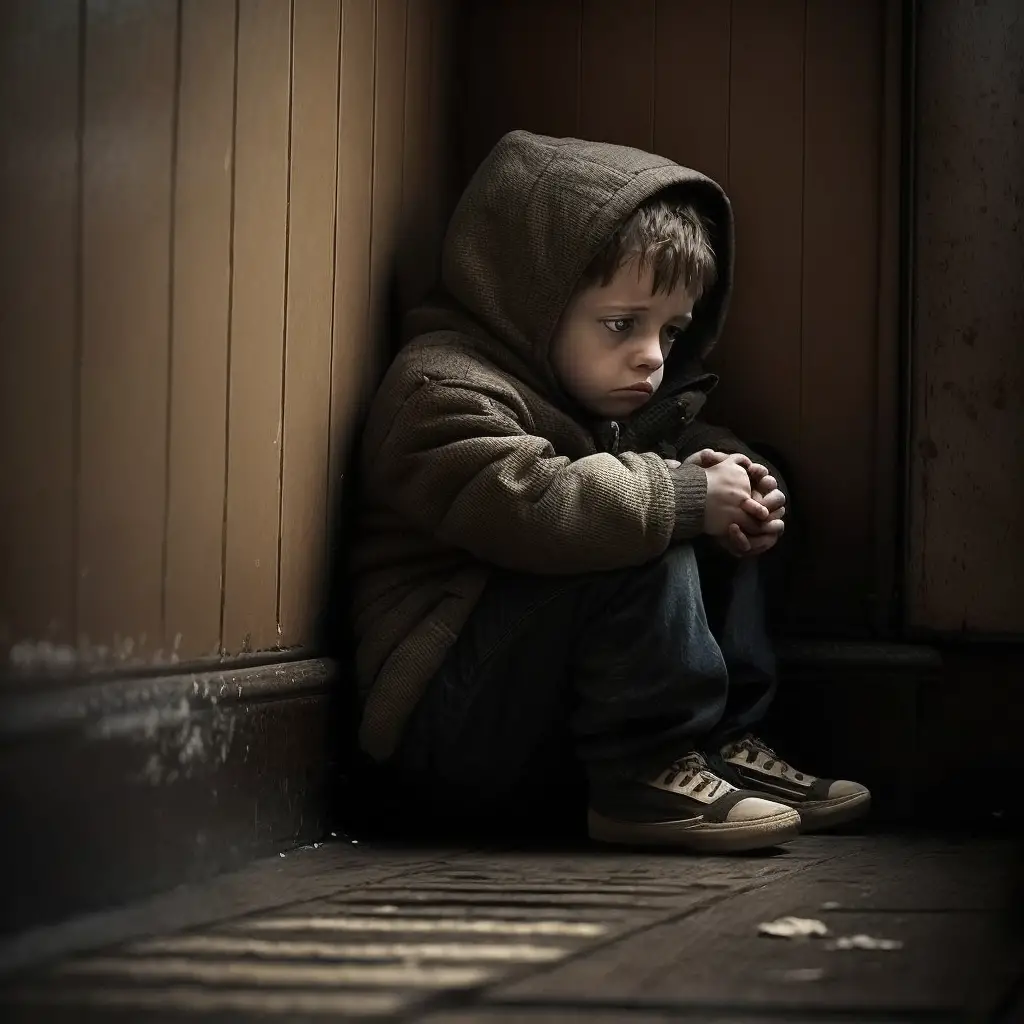How to Tell If Your Mother Is Narcissistic?
Narcissistic mothers often do things that are bad for their children’s emotional and mental health. Some of these signs include a lack of empathy or concern for their children’s well-being, a tendency to use their children as sources of validation and attention, and a need to control and manipulate their children’s thoughts and actions.
In addition to these ways they act, narcissistic mothers often talk to their children in a hurtful way and try to control them. Here are some of the most common things narcissistic mothers say to their kids:
- “I sacrificed so much for you, and this is how you repay me.” This makes the child feel bad and like they must do what their mother wants, even if it hurts them.
- “You’re lucky to have me as your mother.” This phrase reinforces the idea that the child should be thankful for having a mother, no matter how she treats them.
- “I’m disappointed in you.” Narcissistic mothers often use disappointment to control their children’s behavior and feelings, making them feel guilty for not meeting their mother’s expectations.
- “You’re just like your father.” This phrase is meant to hurt the child by comparing them to someone the mother dislikes or has a bad history with instead of accepting the child for who they are.
- “I never said/did that.” When narcissistic mothers deny saying or doing something, it can make their child question their memory and sanity.

What narcissistic mothers do to get what they want?
Besides using hurtful words, narcissistic mothers may also control and manipulate their children using tricks like gaslighting, silent treatment, and emotional blackmail.
Gaslighting involves denying the truth, blaming the child for things they didn’t do, or insisting that the child is overreacting or being too sensitive. This makes the child question what they think is real. Silent treatment is a form of emotional abuse in which the mother does not talk to or acknowledge the child. This makes the child feel alone and rejected.
Emotional blackmail is when a mother uses fear or guilt to get her child to do what she wants. For example, the mother might say she or someone else will get hurt if the child doesn’t do what she wants.

How to Get Over the Effects of Narcissistic Mothers
It’s important for the kids of narcissistic mothers to get help and go to therapy so they can heal from the emotional damage this kind of parenting causes. Therapy can help the child figure out what negative beliefs and behaviors they may have internalized and challenge them. It can also help them learn healthy ways to deal with emotional stress.
For their own emotional health, it is also important for the child to set limits and limit or end contact with the narcissistic mother. This can be a hard and painful choice, but sometimes it’s the only way to keep from getting hurt more.
Taking care of yourself and getting help
Also, it’s important for the child to take care of themselves and have a group of friends and family members around them who can offer emotional support and validation. This could mean doing things like working out, meditating, or writing in a journal. It could also mean finding a therapist or support group that can give you more advice and resources.
Breaking the Cycle
It is also important for people who have been hurt by a narcissistic mother to be able to recognize abusive behavior and stop it. This could mean recognizing and dealing with any negative patterns or beliefs that were learned as a result of abusive parenting, and working hard to set up healthy relationships and behaviors for the future.
The end
In the end, a narcissistic mother’s hurtful words and actions can greatly affect a child’s emotional and mental health, making the child feel guilty, ashamed, and have low self-esteem. It’s important for people who have been raised in this way to get help, set boundaries, and take care of themselves as they try to heal and stop the cycle of abuse.

